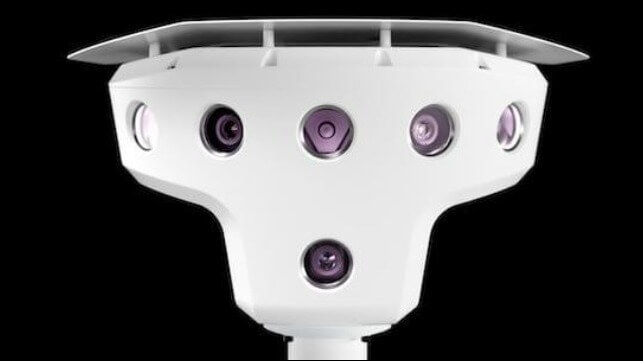Top Insurer Subsidizes Use of AI Navigation-Safety Tool

After successful testing, insurer NorthStandard has decided to subsidize the use of AI-driven collision avoidance aboard its customers' ships. Under a new program, it will help pay for installation and use of Orca AI's navigational safety tech.
Orca AI's performance numbers point to the rationale behind the decision. In 2023, the 267 vessels that use its system saw a 33 percent reduction in close encounters in open water and a 40 percent drop in crossing events. These reductions appear to show that ships with its system spend less time in situations that involve risk of collision.
“The Orca AI platform is already used by leading shipping companies worldwide and we believe it will quickly deliver safety and operational benefits to those of our members who choose to deploy it,” said NorthStandard Global Head of Loss Prevention Colin Gillespie.
The Orca AI system includes a bridge-mounted camera pod, an interactive interface for the bridge crew, and a performance-tracking suite for shoreside management. The onboard tools provide real-time alerts for crewmembers, and the performance dashboard and high-res video from the camera pod give shoreside managers an unprecedented level of visibility into operations at sea. All this can be used for safety management and continuous improvement.

that matters most
Get the latest maritime news delivered to your inbox daily.
"We've created a safety score with about 30 parameters, which is transparent to the user, and then they can understand where they need to improve. So combining all of those things, North saw a huge potential," says Orca AI founder Yarden Gross. "Eventually, where we want to take this conversation is insurance premium reduction - but we have to prove it first."
Beyond collision avoidance and safety, Orca AI helps shipdsowners reduce fuel consumption and distance sailed, the company says. Sharp maneuvers result in speed reduction and course deviation, and getting back on track increases fuel burn. Ships that can stay out of harm's way by taking early action use less fuel, and Orca AI estimates that its installed fleet saved about 170,000 tonnes of CO2 last year.
